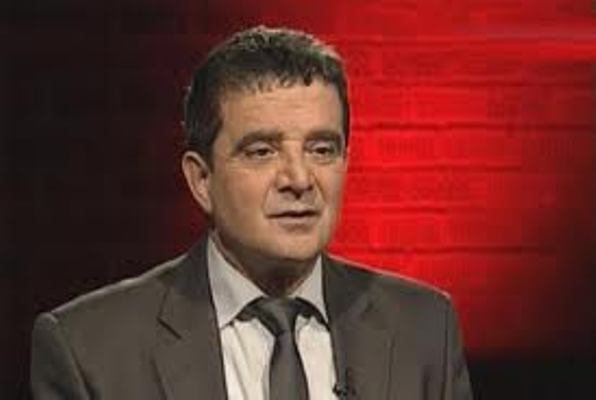Votes of religious orders and communities [in Turkey]

Date posted: December 9, 2013
MÜMTAZER TÜRKÖNE
Religious orders are banned in Turkey under laws that were passed initially during the establishment of the republic.
Despite this ban, religious orders are Turkey’s most dynamic and organized communities. Some of them have traditions dating back some 1,000 years. They create strong bonds among their members. Religious communities are different from religious orders. While religious orders rely on established traditions, religious communities tend to be formed around a very venerable person based on the needs of the religious society. Religious communities do not allow traditions to be a hindrance in responding to the needs of society and creating a dynamic organization in flux. Both forms of organizations have religious references as their shared characteristics. At the heart of their organizations are religious motifs. By providing their members with the opportunity to establish direct and warm contact with other members, they create a network of social solidarity that no organization can provide. Thus, they satisfy the most fundamental human needs.
Like the Muslim Brotherhood (MB) of Egypt, the Nursi movement represents a community tradition that has a very strong following. Its name is derived from Bediüzzaman Said Nursi. The Süleymancı community is a movement initiated by religious and spiritual leader Süleyman Hilmi Tunahan. Communities are more open to social life than orders; this is because these social needs are their raison d’être. It is for this reason they experience more profound problems with governments. The growing problem between the Gülen movement and the ruling Justice and Development Party (AK Party) stems from the very nature of communities and political parties. Parties tend to perceive them as their vote bank and try to keep them under strict control and reinforce their loyalty. Communities, on the other hand, try to avoid political contentions and concentrate on fulfilling their social duties, and, to this end, developing good relations with the ruling parties.
The latest row has grown due to the Gülen movement’s need for self-defense. The AK Party wanted to subjugate the Gülen movement, which it sees as an independent power, to the government. To this end, it threatened to close down the prep schools. The Gülen movement did not submit to this threat and as a result, a big conflict emerged.
Communities and orders believe politics keep them away from their lofty goals as well as from their unifying/integrative missions. Therefore, they find politics unfavorable. Daily political debates or contentions do not play nicely with the spiritual/divine atmospheres of communities and orders. For this reason, community or order leaders try to minimize their relations with politicians. On the other hand, political parties seek to reinforce their voters’ base by securing not only votes, but also the loyalty of communities and orders, and using this for propaganda. In the past, the Nursi movement had been divided into several groups due to similar pressures. In short, parties try to drag communities and orders into a political sphere while communities and orders fight these pressures.
The three-week debate between Prime Minister Recep Tayyip Erdoğan and Fethullah Gülen had a long past that falls under this category. Although the AK Party is powerful, the Gülen movement is not a piece of cake it can swallow easily. The AK Party is a political party that keeps its members together using the power and interests available to a ruling party. The Gülen movement, on the other hand, is an army of volunteers. The AK Party fails to correctly assess the clout of this community on society and its electoral capacity. Indeed, this community largely commands the conservative/social capital of Turkey. The Gülen community has used its broad social network to recruit and train elites and intellectuals. Thus, the attitude of this community sets a model for other communities and orders.
This time, the AK Party is fighting its own social base.
Source: Today's Zaman , December 9, 2013
Tags: Defamation of Hizmet | Hizmet and politics | Turkey |
























